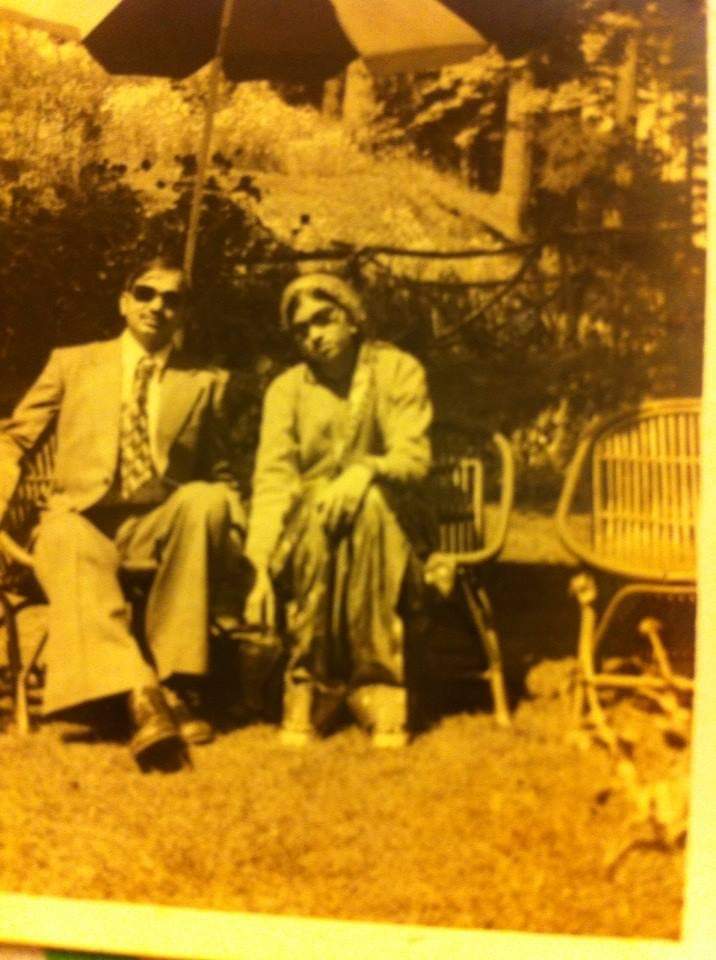I am sitting on the couch watching television, and while I am trying to find something worth watching, I stumble upon the news channel. The news channel begins to show small clips of people working in the fields and the reporter is asking the workers about themselves, “And next, we will be speaking with many of these fieldworkers.” Suddenly, this sparks the memory of Cesar Chavez and what he did to help the Filipino American grape workers.
“We must work together if we want to succeed,” responded Cesar Chavez. Cesar had been asked by Filipino Americans to collaborate on a strike. Which, Cesar agreed to as long as all of the strikers vowed to remain nonviolent. One of the first things that Cesar did was lead a march, which was from Delano to Sacramento; it was a 300 mile march that started the strike off with a bang.
After the march, some of the young males that participated talked about violence. These things included striking back at the growers who abused them. Cesar responded to them with, “You need to get the idea out of your head that says that striking back will prove that you are manlier than them.” This enraged some of the males like a hive of bees being bothered because they thought that being nonviolent was like being a coward or not acting. Cesar, just like Martin Luther King Jr. and Ghandi, thought that nonviolence was stronger than violence, so he kept going.
The next significant event was Cesar’s fasting. In this fast, he went without food for 25 days. The fast was done as an act of penitence for the people who wanted violence. During the fast, Cesar lost 35 pounds and many worried for him, including the doctors. The fast was a success and from then on, there was no more talk about violence.
Following in the footsteps of Martin Luther King and Ghandi, Cesar decided on leading a boycott. Cesar thought that if people knew what field laborers were going through, they would respond and help. “The whole essence of nonviolent action is getting a lot of people involved, vast numbers doing little things,” said Cesar. He showed that when people making small changes, such as not eating grapes, they could make a big difference. Millions of people participated in not eating grapes and the grape growers finally gave in. They ensured that the field workers would receive better pay, benefits and protections.
All of the sudden, I am brought back into the present. I finish watching the news report and ask my parents, “What was life for you like when you were field workers?” To which my dad starts making jokes and teasing my mom about the days when they worked in fields. Then, my dad starts telling me that they worked in the fields and many other jobs, so that my family and I could have a better future.
Submitted by Anonymous
Leadership
Pass It On®












